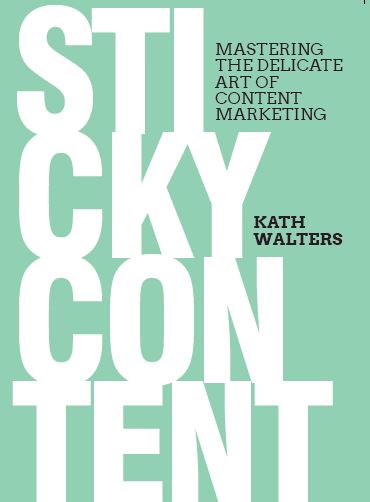It’s hard not to blame Britons for voting themselves into decades of misery and regret with their choice to exit the European Union. The decision looks so clearly divisive, costly and foolish from my vantage point. Already, the downsides are being felt — a 31-year low in the value of the Sterling, and an 18% fall in the value of British banks. More disturbing, outbreaks of racist violence; Scotland determined to leave Britain and join the EU; the passport office inundated with anxious calls.
It’s a sad example of what can happen when a country relies too much on a flawed and outdated model of leadership: entrusting our leaders with decisions we don’t understand. Britons entrusted their leaders to enact a plan — to join the European Union — that many of them didn’t fully understand. And when that plan caused pain to many Britons, their leaders didn’t listen or address the concerns. These concerns were real, even if their solutions to them — racism, xenophobia, isolation — are misguided. Rather than hearing and addressing the fears, the politician allowed them to fester.
Why? And what can we learn from this.
Hubris
It was an act of hubris for the British Prime Minister, David Cameron, to allow Britons to decide whether to leave the European Union. He was all too confident that his view would triumph — despite the evidence. But we should not be shocked by that. The view from the heady heights of leadership is usually clouded. Too many ‘yes men’ surround leaders, blocking their view, and soothing away the inner voice that lets us all know when we are heading down the wrong path. Cameron was right — Britain should not have voted to leave the EU — but he had left too many of his followers to stew in their own juices to trust in his own success.
Manipulation
For the far right wing, Brexit is a victory. For them, it was in their interests to allow the ill-will and fears of Britons to grow and amplify. It is easier to manipulate followers who are gripped by fear, as every politician who campaigns on tougher sentences for criminals knows. Our leaders are schooled by experts in the dark art of manipulation. They know how to jerk our chains — to make us feel what they want us to feel and do what they want us to do — by prodding at our emotions.
Emotions drive so much of our decision-making. And so they should. We need to care more not less. But it is too tempting for leaders to inflame the wrong emotions in their followers.
And this is the crux of the matter for followers.
Power Followers learn the leaders’ game
If we want leaders we can trust, we need to become well schooled in how easily we can be manipulated. If power followership is the answer to poor leadership — and it is — our job as participants in the workforce and in society is to raise our own level of understanding and awareness to match those of our leaders.
We need to understand how leadership works, why we want and need it, and what its limitation are. It’s that consciousness that makes us power followers. Robert Cialdini’s book, Influence, spells it out for us with crystal clarity. We are wired as human beings to respond to six drivers: reciprocation; commitment and consistency; social proof; liking; authority; and scarcity. Cialdini’s research shows how hard it is for us to resist the power of these tools of influence.
Scarcity is the tool of influence most at play in Britain. Not enough jobs. Not enough room. Not enough to go around.
The antidote to manipulation
Fear drives us. I am no different. It’s a basic human instinct with a purpose — to keep us safe. But we do have a choice. There is an antidote.
We can accurately judge our leaders by checking which emotions they seek to activate in us. What are their tools of influence? Do they harness our fears — competition (fear of being not good enough), greed (fear of not having enough), manipulation (fear of losing control). Or do they stoke our social emotions — the antidotes to fear. Care, empathy, generosity.
We cannot blame Britons for succumbing to the manipulation and hubris of their leaders, but we can learn a lesson from this sad event.
Leaders are there to help us realise possibilities. We need leaders to find a path for us, and “sweep it clean” so we can walk it. We will get the best leaders if we understand their role and insist they stick to it — holding our leaders to account.
And the first step is to recognise what emotions are driving our actions. Then, choose only those leaders that stoke positive emotions, and harness our best selves.
END

